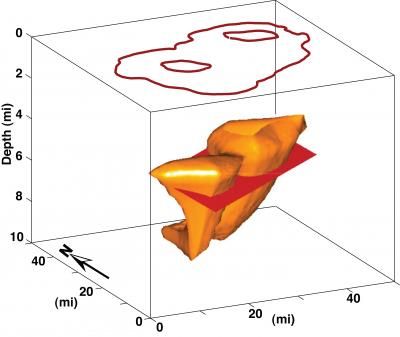Social Software Society for Safety.
Is there any scarcity? Perhaps friendship, because it requires time, shared history, and attention, is the ultimate scarcity—but must it always be the case?
A thoroughgoing naturalist, I stipulate that the value of all objects supervenes on their natural properties—rational evaluation of them is constrained by the facts. If I choose one car instead if its identical copy, simply because one has been stamped with a “brand,” this is the very definition of irrationality—if the 2 objects are exactly the same—you must be indifferent or violate the axioms of decision theory/identity theory. If I used a Replicator Ray to duplicate the Hope Diamond—which would you choose—the original—based on its history (was stolen, traveled around the world, etc) or the duplicate—they are identical!!
What happens to the value of the original? It is worth ½ because now there are 2? I make a 3rd copy so now it is worth 1/3? Nonsense—value has nothing to do with scarcity—a piece of feces may be totally unique in shape, just like a snowflake—but it has no value. Intrinsic value of objects depends on their properties. Instrumental value depends on what they can be used for (converted to intrinsic value).
Continue reading “Social Software Society for Safety” »










